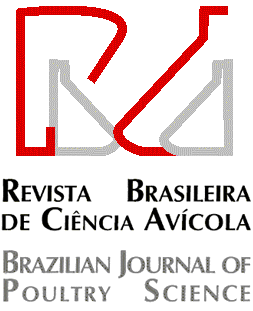ABSTRACT
Myocyte enhancer factor 2D (MEF2D) are members of the myocyte enhancer factor 2 (MEF2), a supergene family and are thought to be related to the development and regeneration of skeletal muscle. We selected a microsatellite locus located in the MEF2D gene to study the slaughter characteristics of Xingyi duck and discuss whether the locus could be used as a molecular genetic marker associated with the slaughter characteristics. To further study the function of this gene, we cloned the coding region of the MEF2D gene and expressed it in the prokaryotic expression system. We amplified exon 9 of MEF2D gene by PCR and analyzed after sequencing. The entire CDS region was amplified by RT-PCR. The prokaryotic expression vector was constructed by double enzyme digestion. Results showed that there was a significant correlation between the microsatellite polymorphism of exon 9 of the MEF2D gene and the eviscerated weight rate of Xingyi duck (p<0.05). The eviscerated weight rate of the aa (40/40) genotype was significantly higher than that of the ab (40/49) genotype. The CDS region of the MEF2D gene was cloned with a length of 1557 bp. The prokaryotic expression vector pET32a(+)-MEF2D was constructed. The results provide a foundation for future studies examining the function of the MEF2D.
Keywords:
MEF2D gene; microsatellite polymorphism; prokaryotic expression; slaughter traits; Xingyi duck

 Thumbnail
Thumbnail
 Thumbnail
Thumbnail
 Thumbnail
Thumbnail
 Thumbnail
Thumbnail



